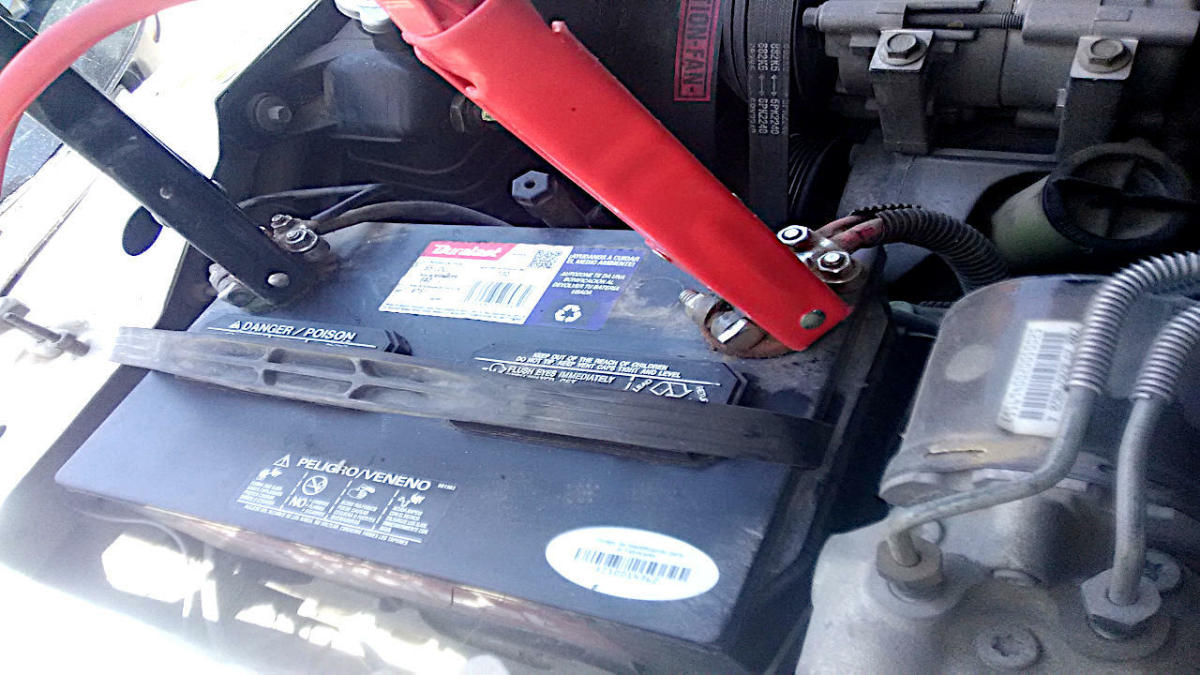Why is synthetic oil better?

Synthetic oil is better for many reasons. First of all, most motor oils have viscosity modifiers added to them to achieve multi-weight ratings (such as 10w30, 20w50, etc.). Since true synthetic oils are produced in a lab, they do not require viscosity modifiers. Over time, viscosity modifiers break down and produce sludge. You may have noticed that over the years, manufacturers have started to use thinner and thinner oils in automobiles. This is partially due to the fact that thinner oils require less viscosity modifiers and thus will break down less. After a duration (it would vary amongst oil brand and type), oils such as 10w40 break down and become a 10w20 (as a hypothetical example). If oil is left in a car long enough, it will become the base winter weight only. ie: 20w50 left in a car too long will eventually become a 20w20 or "straight 20".
Another reason that synthetic oils are better is because there is much more congruency between the oil molecules. A good way to exemplify this is to imagine a concrete mixer full of balls. If you have a mixer full of bowling balls, tennis balls, golf balls, and basketballs, they will not flow together as easily. This would be akin to conventional oil. Synthetic oil would be more like a concrete mixer full of nothing but tennis balls. All of the molecules are the same size and thus there is less friction and they bond together much more easily. You can see this by tilting a bottle of synthetic oil - the oil will form a film and stick to the side of the bottle much, much longer than conventional oil.
The leading cause of engine failure is what is commonly called a "dry start condition." When you first start your engine, you may hear a tapping from your valvetrain. This is due to the fact that it takes time for the oil to reach your valves so they are running dry for a small duration. As you can see from my last paragraph, the molecular congruency of synthetic oils would make it so that oil will "stick" to the valvetrain much longer than conventional oil, reducing (and sometimes even eliminating) dry starts.
Synthetic oils can be made to achieve multiweight ratings that would be impossible without lab production. This is important for exotic cars and German automobiles that require a very low viscosity during starting and a high viscosity during normal operation. Examples of this are 0w40 and 5w40 oils.
A caveat to all of this is that, unfortunately, most synthetic oils in North America are not true synthetics. No motor oil is purely synthetic, because pure synthetic oils are not compatible with automotive seals and are only good in industrial applications; however, some brands purify the sulfur out of conventional oil and label it as synthetic. This is legal in North America, but illegal in Europe. Most synthetic brands are filtered conventional oil. To my knowledge, only Mobil 1 and Amsoil are true lab synthetics. North American Castrol was lab synthesized, but unfortunately they turned to filtered conventional oil in 2007.
Personally, I use Mobil 1 Extended Performance. You can get this on sale at Advance Auto Parts for under $36 when it's on special and it comes with a high quality Mobil 1 filter.



